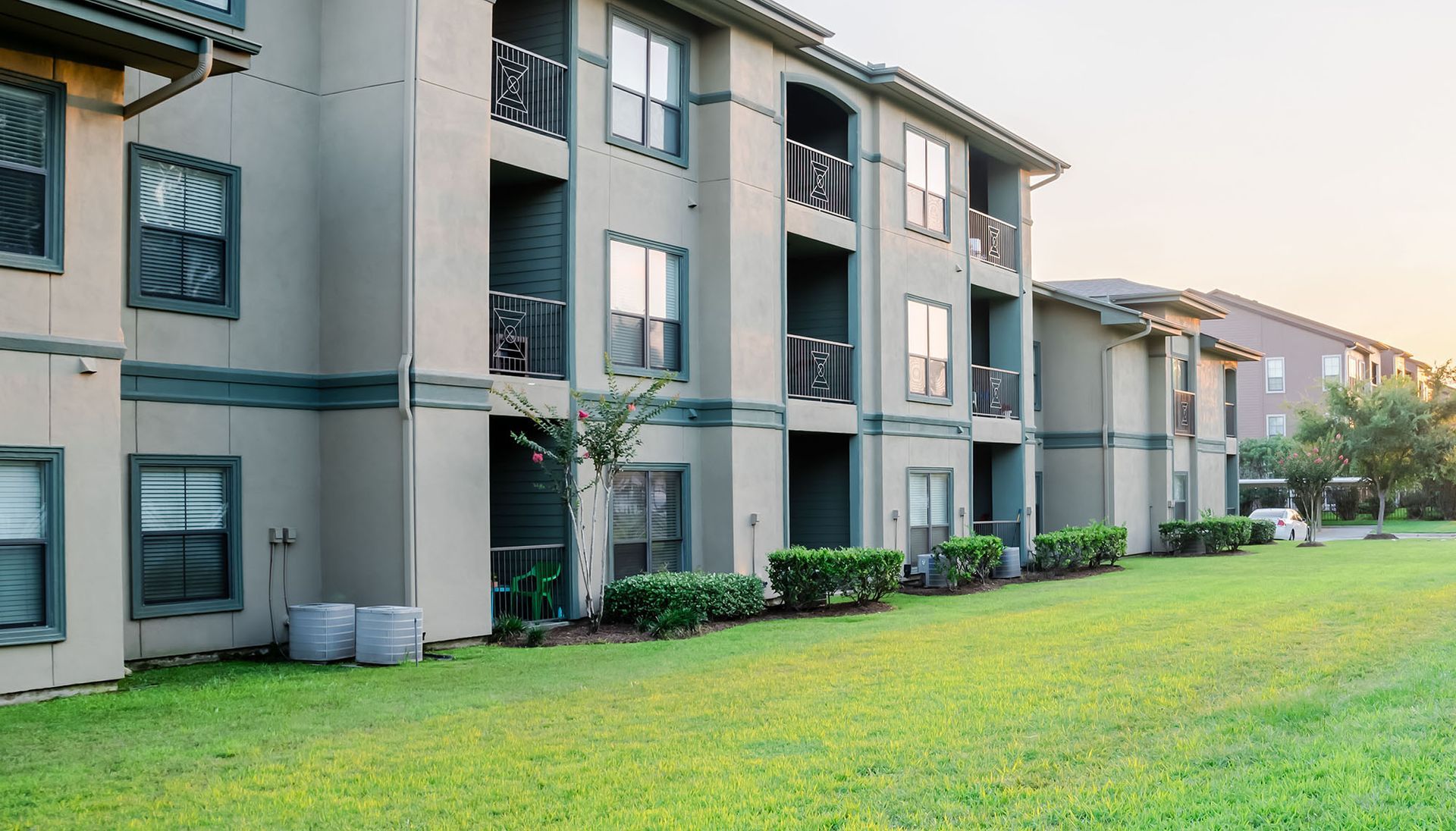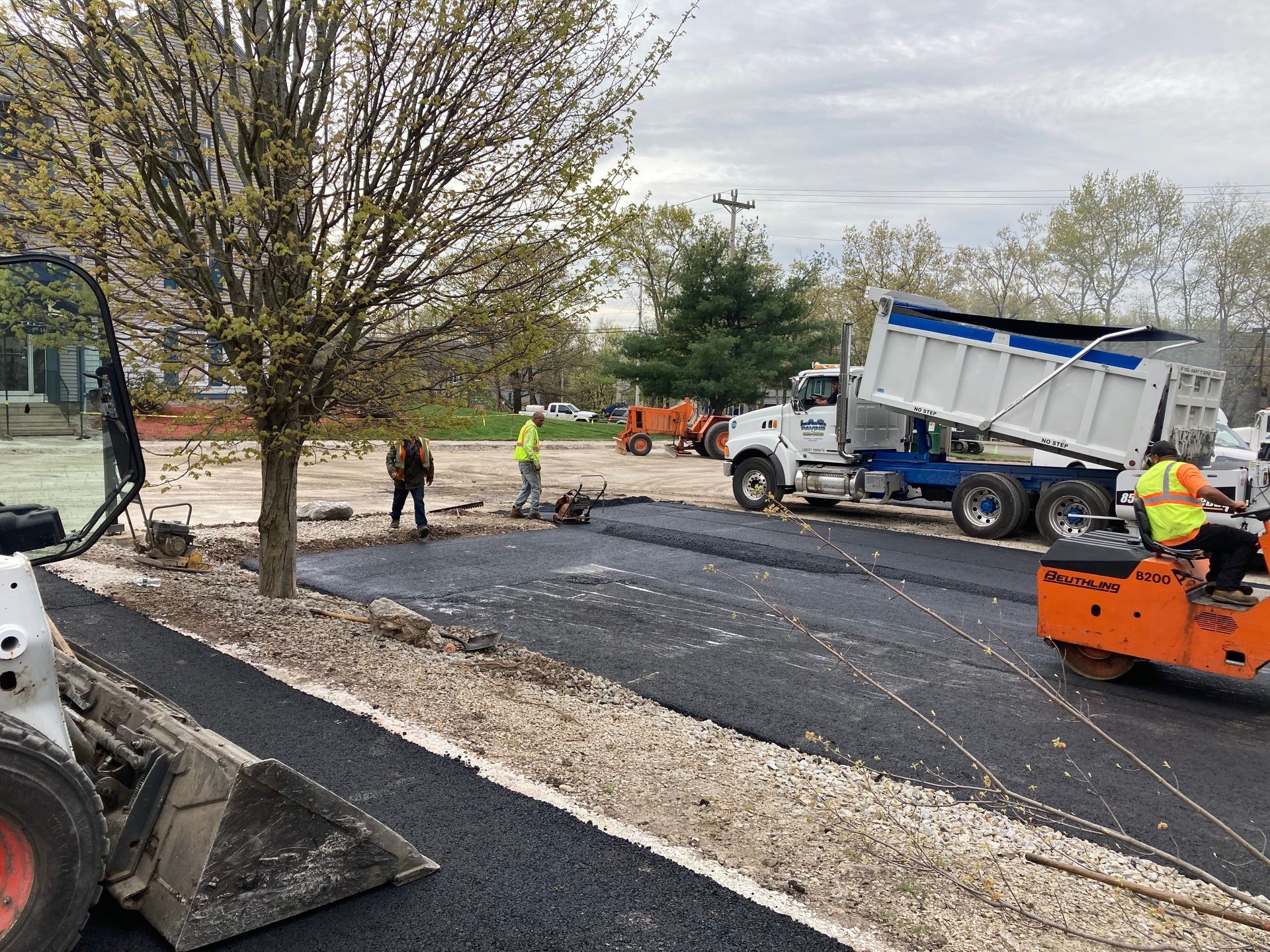Buying a Condo? What Savvy Buyers are Looking For!
Buying a Condo? What Savvy Buyers are Looking For!
Condo ownership can offer a ton of advantages. Community living where maintenance items like snow removal, landscaping and repairs are often cared for by the condominium association. Sharing common land, the housing costs for condos often are favorable compared to stand alone homes. Whether a condo purchase reflects your next home or your next rental investment, savvy buyers have a few key things to check out before making that purchase.
Although the real estate agent trying to sell the home may be talking about updated kitchens and fresh paint, the savvy buyer wants to consider their purchase with “eyes wide open”, understanding some of the lesser known challenges also associated with condo ownership. Perhaps “Number One” on the checklist is the association’s readiness to deal with capital replacements that ultimately emerge as roofs need replacement, streets and parking lots need repaving. Without checking on the community’s discipline and strategy to address capital replacements, the immediate delight of a condo with a new kitchen can turn to angst when a special assessment is received to fund a failed septic system, roof or other major capital component.
For “Condo Management 101”, the basic starting point to understanding whether a community is properly saving for long term replacements there typically should be a 3rd Party Reserve Study. The Reserve Study typically has been developed by a 3rd party engineering company commissioned by the Board of Directors to help the Board: 1) Quantify the community’s long term capital assets; 2) Understand the remaining life and replacement value of each asset; and 3) Establish a funding strategy with an approximate replacement timetable. It is this document that gives Boards the data needed to make decisions on the Annual Reserve Contribution. This document also gives the target ending balances for the Reserve Fund for each of the years covered by the study.
So, understanding that the condo with the pretty kitchen may not tell the whole story, the savvy buyer will first ask the selling agent for a copy of the Reserve Study as well as a copy of the most recent financials, including Balance Sheet and Income Statements. While requesting documents, the buyer will ask for at least a couple-to-three months of Board Minutes. If the seller has a hard time producing the documents, this will potentially be a “red flag” signaling deeper financial concerns for the larger community. In many cases, the seller should easily have access to all of these documents off the website portal, typically managed by the property manager. Alternately, in some cases, the buyer may have to contact the management company for the documents.
If the answer from the seller is that no reserve study exists, or there is only a study more than 5 years old, the “red flag” should be waving wildly. Without any kind of reserve study, this is an indicator that the Board is lacking guidance from their management team on data driven reserve planning. Likely, the community is substantially underfunded. If savvy buyer decides to proceed with the purchase, it is “eyes wide open” that somewhere in the future the community will recognize the deficits in planning and either begin a series of special assessments, obtain loans that saddle the community with debt service or, likely, there will be a significant jump in monthly dues once a Reserve Study is engaged by the Board and management team.
Although a review of the Reserve Study, comparing target year end reserve balances to the reserves on the association’s balance sheet is a critical examination for the savvy buyer, a quick review of Board minutes and financials will also add insight to the implications of a potential condo purchase. In the minutes, there may be references to capital replacement items. For example, a community may note that they are pumping their septic tanks multiple times a year out of concern that 35 year old systems have become fragile. Often there can also be non-financial references related to such things as parking concerns or dog management. By reviewing several months of Board minutes the savvy buyer will get a feel for the tone of the community, a sense of what kinds of things the Board is focused on and, whether, financial sustainability is a front and center concern.
Buying real estate, condos in particular, can be a great investment as well as a great home. While it’s exciting to see unit floor plans and layouts, every buyer should be looking deeper to understand fully the exposure to additional costs that may likely hit the community at one point or another if the association’s finances have not been methodically managed with the data driven Reserve Study. The best purchases are made when the buyer has “eyes wide open” when the deal is done!
About the Author: Tim Wege is the President of New Star Properties LLC and New Star RE LLC, the latter being the brokerage arm of the management company. Since New Star’s inception in 2015, the company has frequently been engaged helping communities turnaround from inadequate planning and management execution in the past. For more information, see New Star’s web site at www.NewStarPropertiesNH.com


SERVICE AREA
New Hampshire
Northern Massachusetts
and surrounding areas
Business Hours
- Mon - Thu
- -
- Friday
- -
- Sat - Sun
- Closed








Share On: